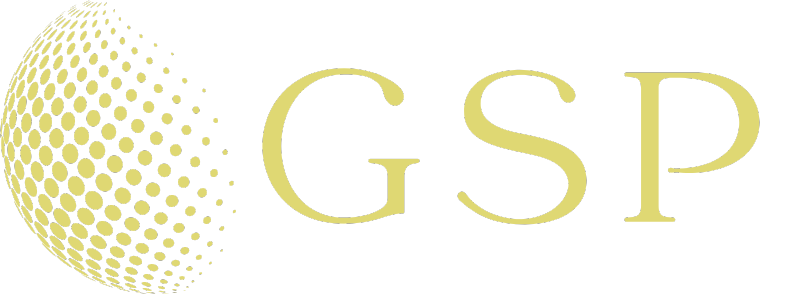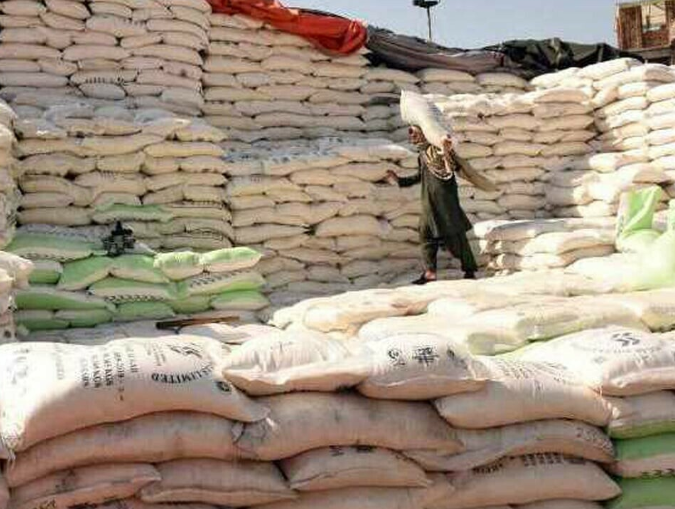The Competition Commission of Pakistan (CCP) has pushed back the hearing of the high-profile sugar cartelisation case to late September. The rescheduled dates are now set from September 22 to 25, following a formal request from the sugar mills involved.
More than 70 sugar mills had appealed for the postponement, citing the Supreme Court’s holiday schedule as the reason for their inability to attend the earlier hearing dates. Additionally, over 50 mills have filed appeals against the Competition Appellate Tribunal’s (CAT) rulings, further complicating the timeline.
The CCP has emphasized that this will be a one-time deferment made in the interest of justice. Going forward, the commission is determined to conduct the hearings on a daily basis with no further delays.
Background: Why the Case Was Reopened
The case against alleged cartelisation by the Pakistan Sugar Mills Association (PSMA) and its members dates back to 2020. In July, CCP had issued fresh notices to PSMA and individual mills following the CAT’s order for a rehearing.
This step followed a legal hiccup in the initial penalty decision from 2021, when the CCP fined the mills nearly Rs44 billion for anti-competitive behavior. The CAT had overturned the penalty, citing improper use of a casting vote by the then CCP chairperson to break a deadlock, and ordered the case to be reheard by a different bench member within 90 days.
The CCP’s latest move aligns with this directive, calling on all parties to send authorized representatives and bring forward all relevant evidence for the renewed proceedings.
What the CCP Found: A Decade-Long Cartel
The CCP’s investigation, which began in earnest in late 2020, revealed a well-organized cartel operating under the umbrella of PSMA, with activity stretching back to 2010. According to the enquiry report, the mills coordinated to manipulate sugar exports strategically to keep domestic prices artificially high.
This manipulation included misreporting sugar stock levels and deliberately delaying imports, actions that pushed prices up by Rs11.6 per kilogram between July and September 2020 alone.
Evidence gathered during raids, including at PSMA headquarters and JDW Sugar Mills, points to continued collusion aimed at controlling market supply and prices.
Financial Impact and Market Distortion
The CCP’s findings paint a stark picture of the economic fallout from these practices. In 2019, the sugar price surged by Rs18 per kilogram, driven largely by export maneuvers. This resulted in an estimated Rs40 billion in additional revenue for the mills — a gain amplified by government subsidies amounting to over Rs29 billion.
Such market distortions hurt consumers by inflating everyday prices, while sugar producers profited disproportionately.
The Road Ahead
With the upcoming rehearing set to proceed without further delays, all eyes are on the CCP to deliver a decisive ruling. The commission’s firm stance on no additional adjournments signals a commitment to resolving a case that has significant implications for market fairness and consumer protection in Pakistan.
The sugar cartel case underscores the challenges Pakistan faces in regulating powerful industry groups and maintaining competitive markets—an issue that remains critical for the country’s broader economic health.

